Brain & Brain Fog
Here are some well known supplements to boost your brain function.
Fish oil supplements
Are a rich source of docosahexaenoic acid (DHA) and eicosapentaenoic acid (EPA), two types of omega-3 fatty acids.
These fatty acids have been linked with many health benefits, including improved brain health.
DHA plays a vital role in maintaining the structure and function of your brain. In fact, it accounts for around 25% of the total fat, and 90% of the omega-3 fat, found in your brain cells.
The other omega-3 fatty acid in fish oil, EPA, has anti-inflammatory effects that may protect the brain against damage and aging.
Taking DHA supplements has been linked with improved thinking skills, memory and reaction times in healthy people who have low DHA intakes. It has also benefitted people experiencing a mild decline in brain function.
Unlike DHA, EPA isn’t always linked with improved brain function. However, in people with depression, it has been associated with benefits like improved mood.
Taking fish oil, which contains both these fats, has been shown to help reduce the decline in brain function associated with aging.
Recommended: Minami Mind Omegas
Probiotics:
Bifidobacterium Longum (found in sauerkraut and pickles) and lactobacillus brevis have been shown to improve levels of BDNF (brain derived neurotrophic factor) which protects and promotes brain cell growth. Bifidobacterium lactic (fermented milk products like kefir) has been shown to improve immunity
Recommended: Bifidobacterium Longum & Bifidobacterium lactic = Vivomixx Powerful Probiotics
Recommended: Lactobacillus brevis = Garden of Life Probiotics for Mood
Resveratrol
Resveratrol is an antioxidant that occurs naturally in the skin of purple and red fruits like grapes, raspberries and blueberries. It’s also found in red wine, chocolate and peanuts.
It’s been suggested that taking resveratrol supplements could prevent the deterioration of the hippocampus, an important part of the brain associated with memory
Recommended: Minami PluShinzO-3 Omega-3
Vitamin D
Vitamin D is a fat-soluble nutrient necessary for immune system function, brain health, and more.
Having low or deficient vitamin D levels may negatively impact cognitive health and contribute to brain fog symptoms.
People who have depression or depressive symptoms often experience brain fog symptoms such as poor concentration and memory problems.
People with depression are also more likely to have deficiencies in several nutrients, including vitamin D.
Vitamin D deficiency is associated with an increased risk of depressive symptoms. Research suggests that vitamin D supplements can help increase vitamin D levels and may help improve depressive symptoms, including brain fog.
Other studies show that vitamin D supplementation may improve overall mental health — including mood, negative thoughts, and symptoms of anxiety and depression — in certain people.
Recommended: Now Vitamin D
Magnesium
Magnesium is an essential mineral that’s concentrated in foods like beans, seeds, and spinach. It’s necessary for many essential body functions, such as enzymatic reactions, energy production, nerve function, and blood pressure regulation
Many people don’t get enough magnesium in their diet, which may negatively impact brain health and lead to brain fog symptoms such as difficulty concentrating.
Low magnesium levels are common in those who are stressed and can even increase susceptibility to stress.
Stress can cause memory impairment, poor concentration, and anxiety symptoms.
For this reason, maintaining optimal magnesium levels through supplementation may help reduce susceptibility to stress and therefore improve stress-related cognitive impairment and brain fog symptoms.
Recommended: Now Foods Magnesium
Note: This does not constitute medical advice, always consult your GP if you are concerned about your health.
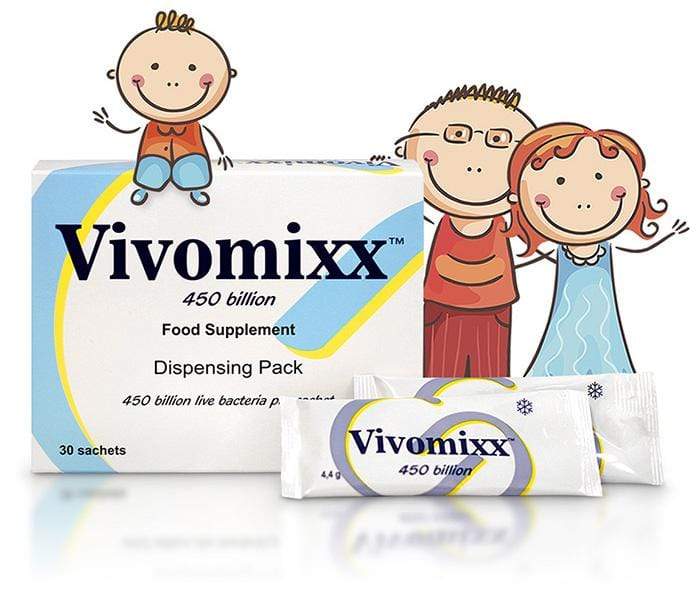
Vivomixx Probiotic 450 Billion 30 Sachets (One Month)
€ 73.75 EUR
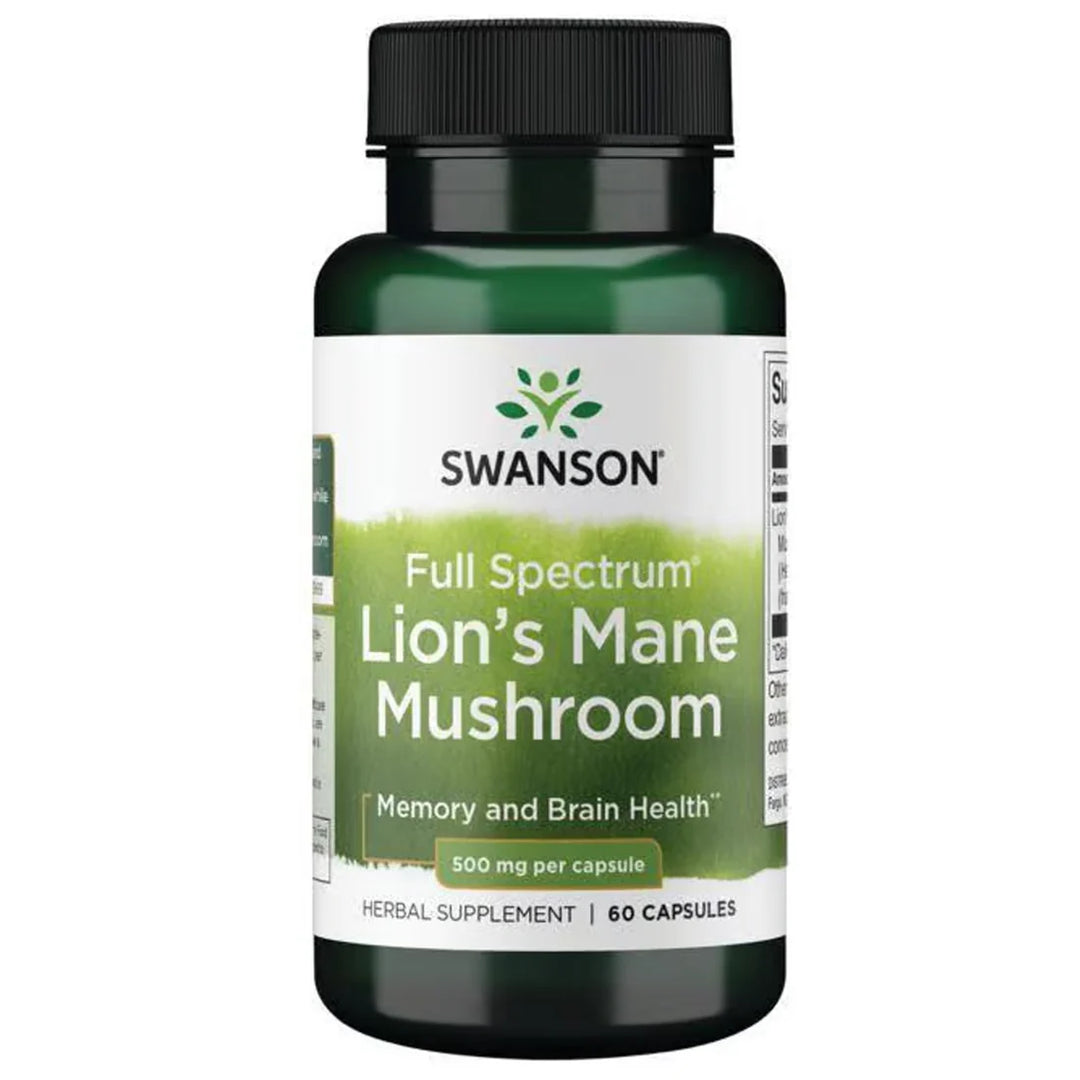
Swanson Lion’s Mane Mushroom 500mg – 60 Capsules
€ 16.95 EUR
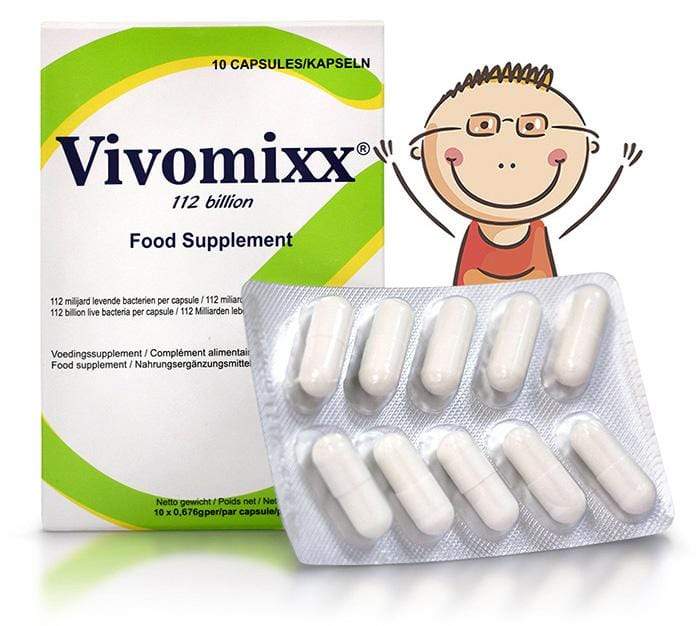
Vivomixx Probiotic 112 Billion - Choose 30 or 60 Caps
From
€ 37.95 EUR
Regular price
€ 39.95 EUR
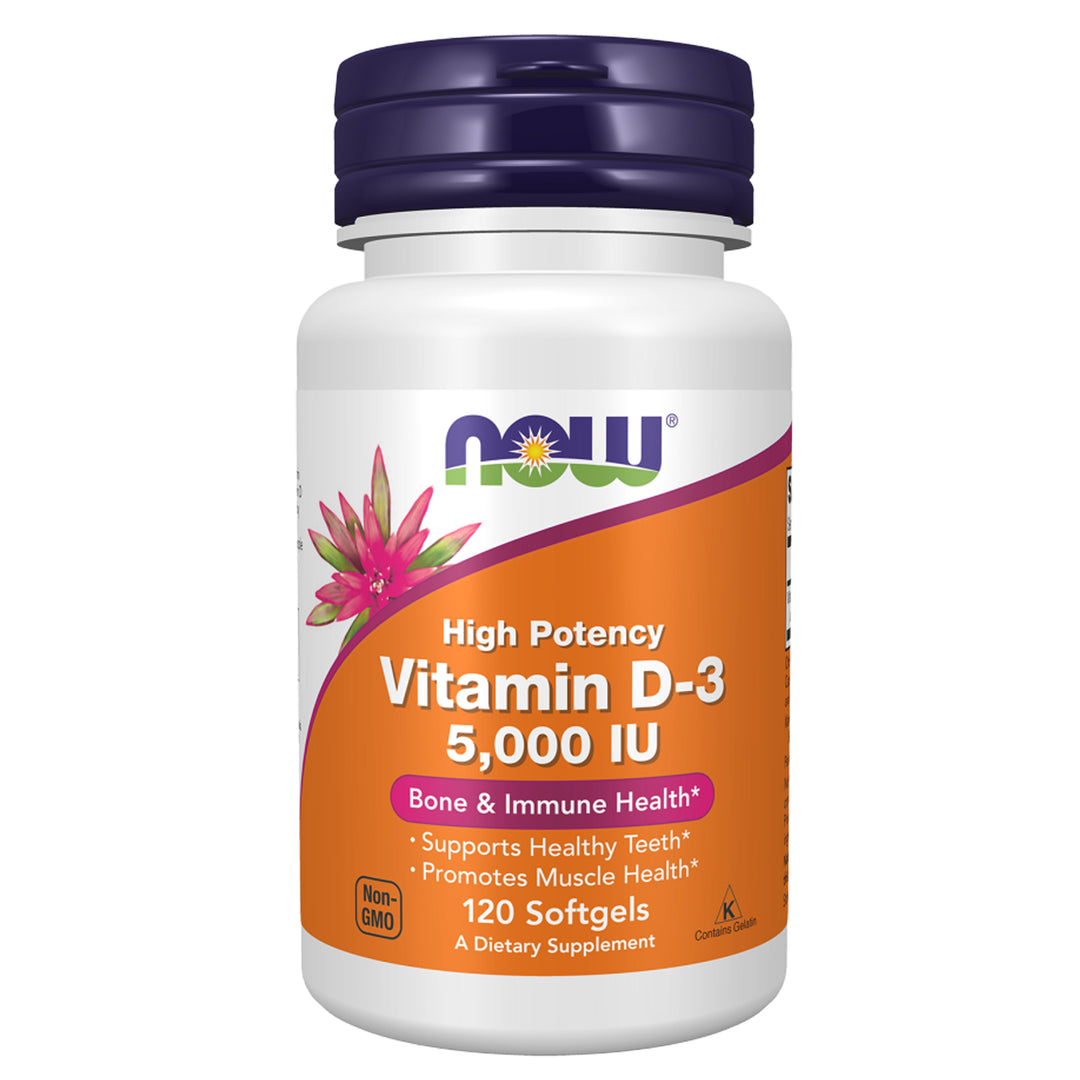
NOW Foods Vitamin D3 5,000 IU – High Potency 120/240 Softgels
From
€ 15.95 EUR
Regular price
€ 16.95 EUR
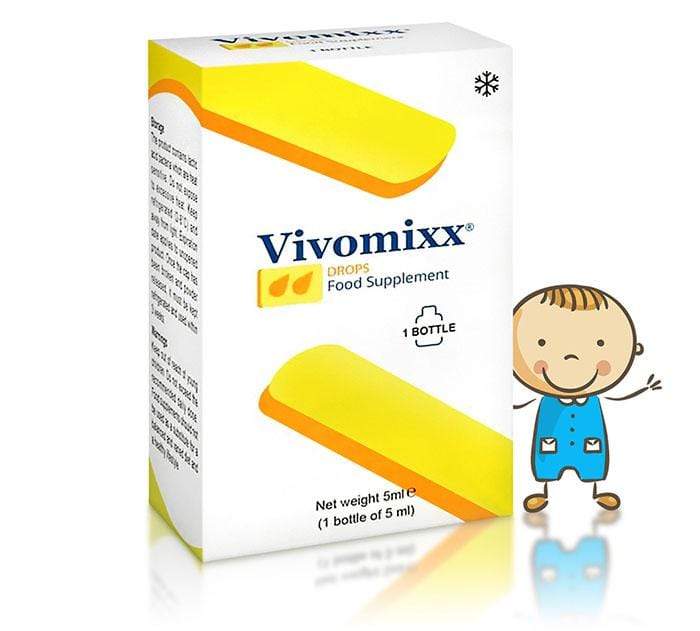
Vivomixx Paediatric Probiotic Drops - 50 billion - 2x Bottles
€ 17.95 EUR
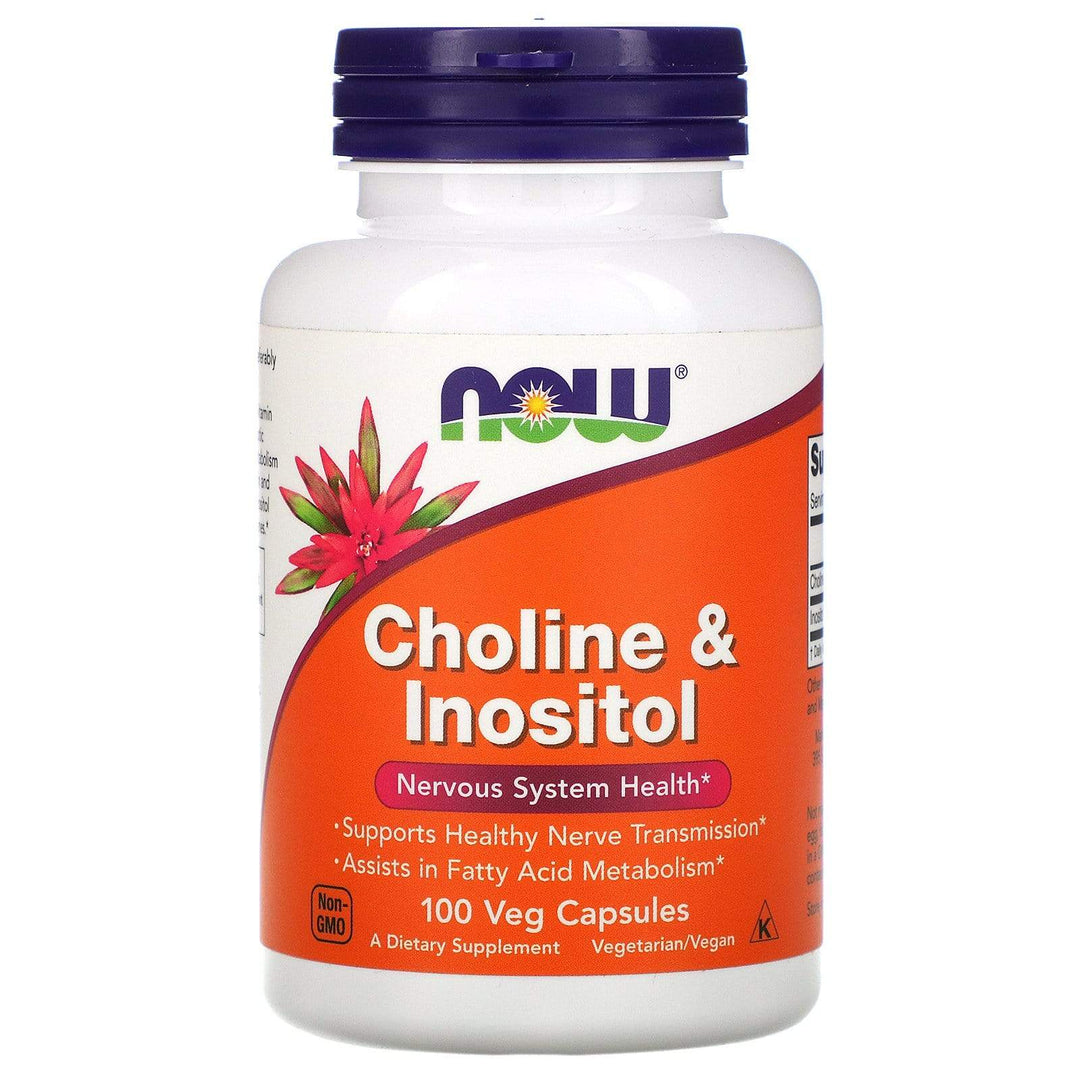
Now Foods Choline & Inositol 100 Veg Caps - B-Vitamin Complex Supplement Ireland
€ 17.95 EUR
Regular price
€ 18.95 EUR
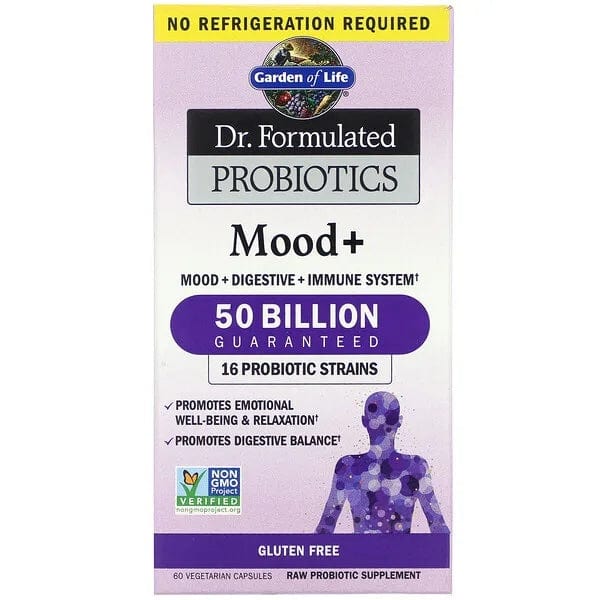
Garden of Life Microbiome Mood+ 60 Capsules – Probiotic & Ashwagandha
€ 49.95 EUR
Regular price
€ 54.95 EUR
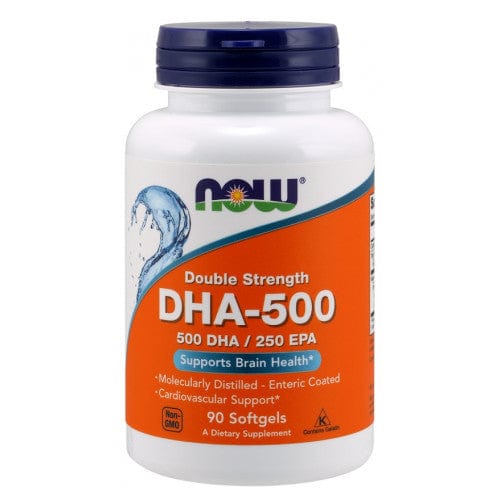
NOW Foods DHA-500 / EPA-250 – 90/180 Softgels
From
€ 32.95 EUR
Regular price
€ 34.95 EUR
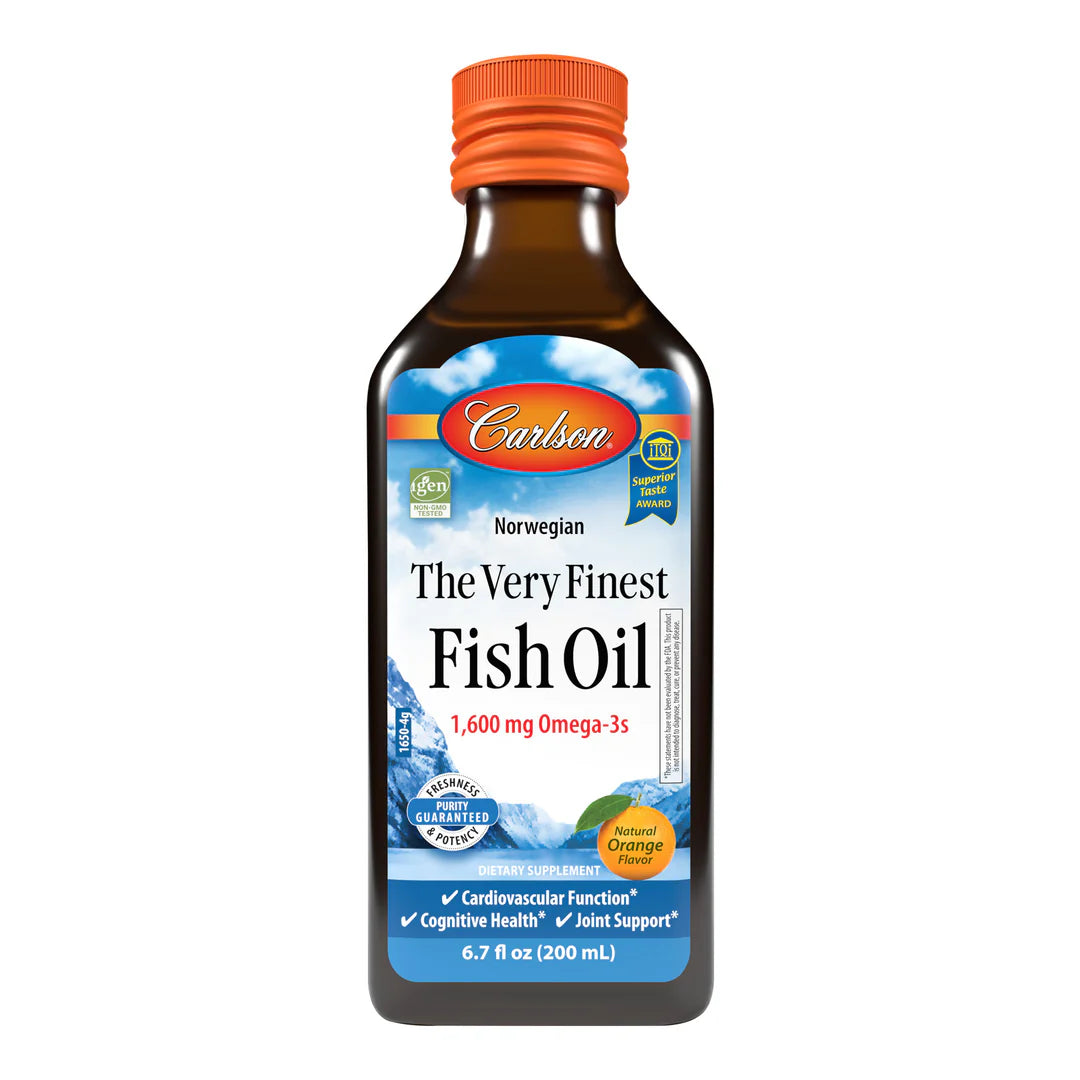
Carlson Very Finest Fish Oil – Natural Orange 500 ml | Probiotic.ie
€ 54.50 EUR
Regular price
€ 59.95 EUR
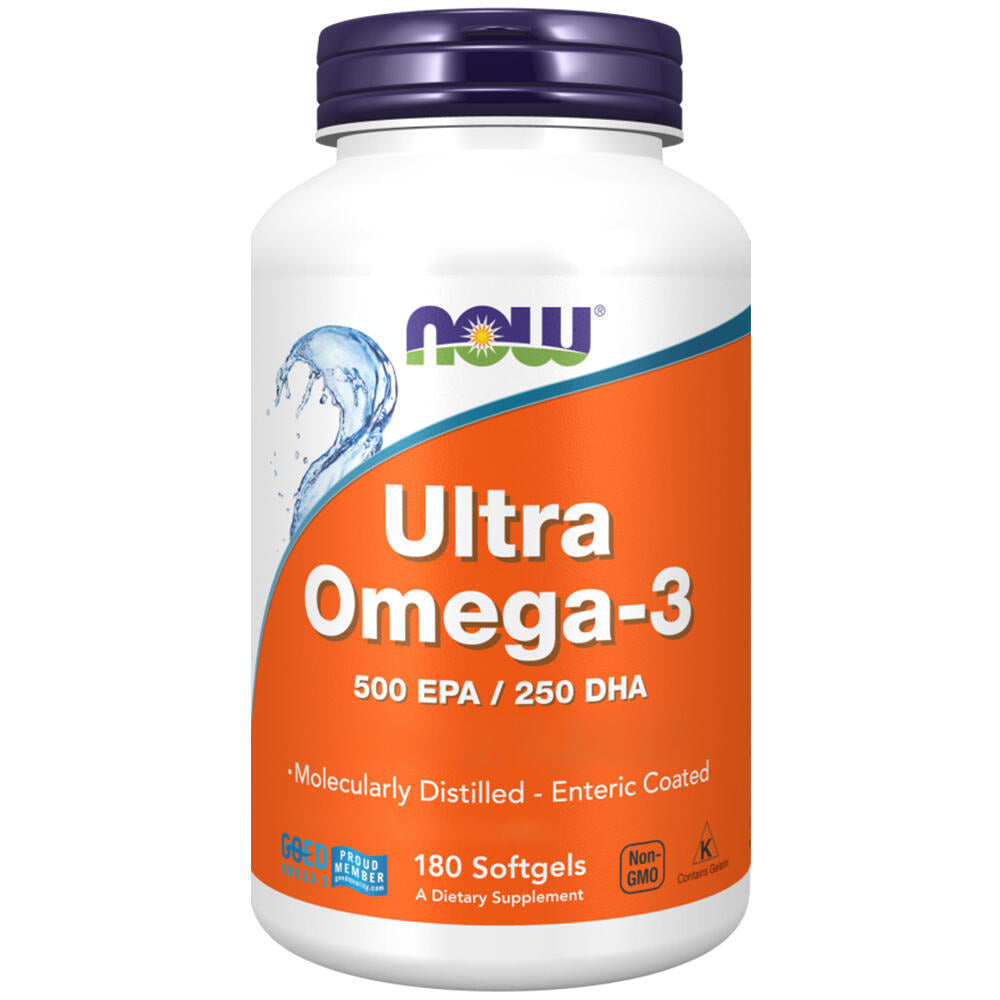
NOW Foods Omega-3 180 Softgels | Food Supplement | Fish Oil Softgels
€ 48.95 EUR
Regular price
€ 49.95 EUR
